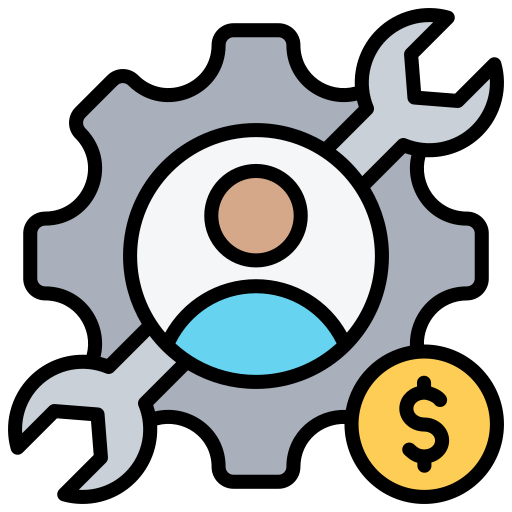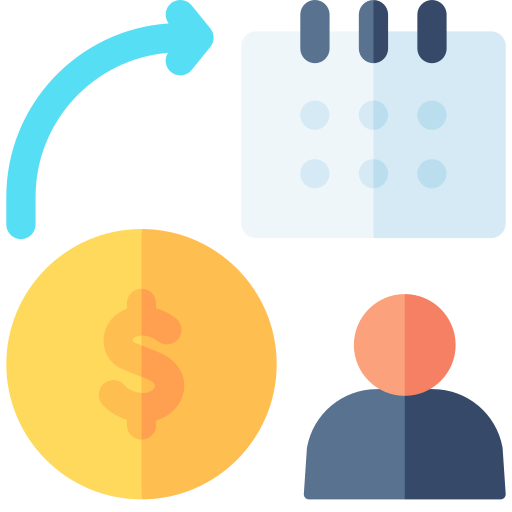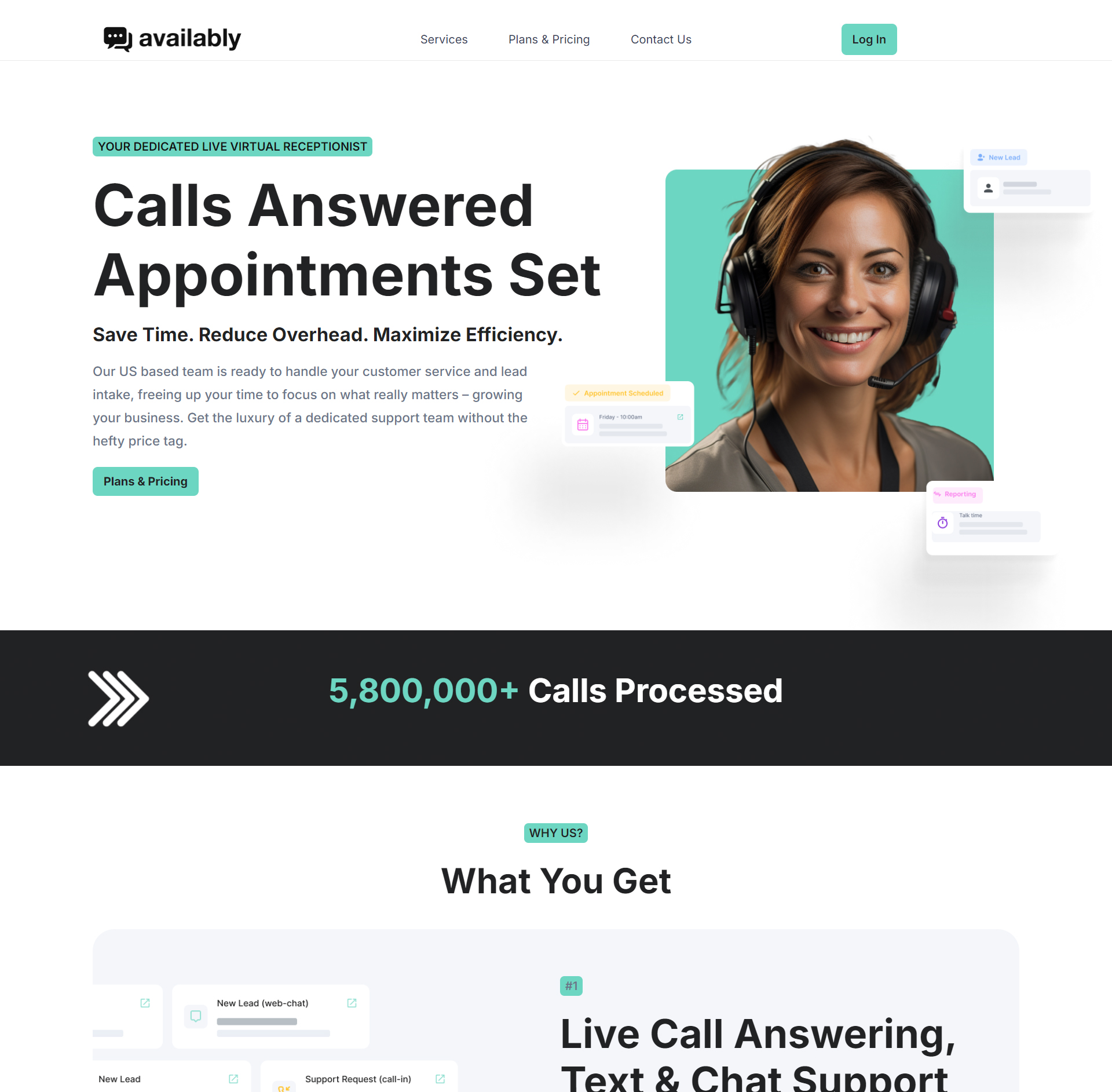
Your Exclusive Machine Learning Developers to Hire Now!
Create own Machine Learning development team
Why Golden Eagle?
Machine Learning Development Features That Enhance Our Development
Our Service Offerings
Top Development Company

Machine Learning for Predictive Analytics
Machine Learning (ML) enables businesses to extract valuable insights from historical data through predictive analytics. By training algorithms on past data, ML models can forecast future trends and behaviors, allowing businesses to make informed decisions. Whether predicting customer behavior, market trends, or operational bottlenecks, ML empowers companies with accurate predictions, helping them stay ahead of the competition.

Machine Learning for Automation and Efficiency
Machine Learning automates repetitive tasks and processes, improving operational efficiency and reducing human error. Algorithms can be trained to handle tasks such as data entry, customer service (through chatbots), and even complex decision-making processes. By leveraging ML, businesses can free up human resources for more strategic activities, enabling higher productivity and cost savings.

Machine Learning for Personalization
ML is widely used to deliver personalized experiences to users by analyzing their behavior and preferences. In industries like e-commerce, content streaming, and online advertising, ML algorithms tailor recommendations to individual users, enhancing customer satisfaction and engagement. This level of personalization can significantly improve conversion rates and foster long-term customer loyalty.

Machine Learning for Real-Time Decision Making
With the ability to process vast amounts of data in real-time, Machine Learning supports instant decision-making in dynamic environments. This capability is especially useful in sectors like finance (for fraud detection), healthcare (for patient monitoring), and autonomous vehicles (for real-time navigation). ML models can analyze live data and adjust strategies or actions instantly, offering a competitive edge in fast-paced industries.
Projects We Undertake

Fixed Cost Model
The Fixed Price Model is best suited for projects with well-defined requirements and a clear scope. The project cost, timeline, and deliverables are agreed upon upfront, providing clients with certainty and predictable outcomes. This model is efficient for smaller projects or those where the scope remains unchanged throughout. It is ideal for projects with minimal risks and where changes during the execution phase are unlikely.

Time & Material Model
The Time and Materials Model is designed for projects with flexible and evolving requirements. It allows clients to pay based on the actual time and resources consumed during the project. This model is effective for long-term or complex projects where the full scope may not be clearly defined from the outset. Clients gain the advantage of scalability and can make adjustments as needed during development, ensuring the final product meets evolving business needs.

Dedicated Team Model
In the Dedicated Team Model, a team of skilled professionals is allocated exclusively to a client’s project for a predetermined period. This approach offers the flexibility to scale the team up or down based on the project’s demands. It provides clients with direct control over the development process and allows for quick adaptation to changing requirements. This model is ideal for long-term engagements, where collaboration, consistency, and focus are key to success.

Milestone-Based Payment Model
The Milestone-Based Payment Model divides the project into distinct phases or milestones, with payments made after each phase’s successful completion. This approach ensures a structured timeline, reduces financial risk for both the client and the development team, and provides clients with measurable progress checkpoints. It is particularly useful for medium-sized projects, where deliverables are segmented into clearly defined stages with separate timelines and goals.






